In the nature you will very rarely find a straight line, most objects will have a curve to them, allowing light and shadow to wrap around them. To emulate this effect, particularly when drawing, artists can try to evaporate objects into shadow. And vice versa shadows are brought directly into objects. In the final objects appear more realistic and alive.
We should bear in mind that this technique is not an end in itself but rather our analytical approach.
But as it is said: “a picture is worth a thousand words”, let us just enjoy shading in the Venetian drawing and in the other of maestro Leonardo’s drawings:
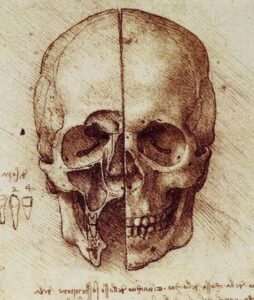
In drawings we can observe the final effect from a greater distance, or we can come closer to see how has been particular lines led.
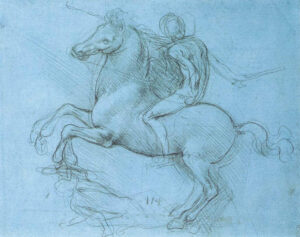
Our perspective can change based on the time and place. Forms have a life of their own, following their own logic.
The way we think affect what the forms represent.
Literature and comments
[0] Featured image in the head-line is taken from: https://www.gallerieaccademia.it/
[1] Venice drawing, source: https://en.wikipedia.org/wiki/File:Leonardo_da_vinci,_Study_for_the_Last_Supper.jpg
[2] Study of the skull, source: https://leonardodavinci.net/
[3] A study for an equestrian monument, source: https://leonardodavinci.net/
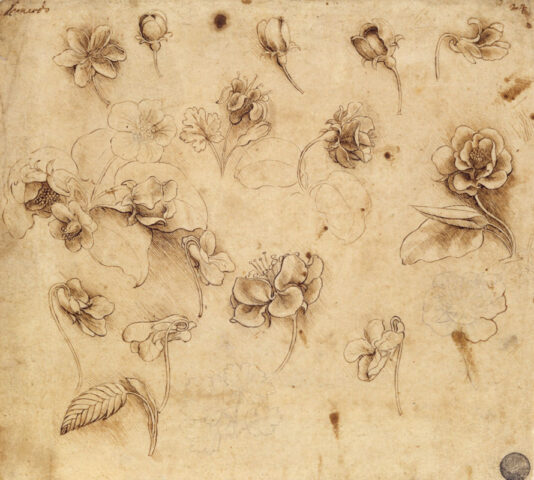
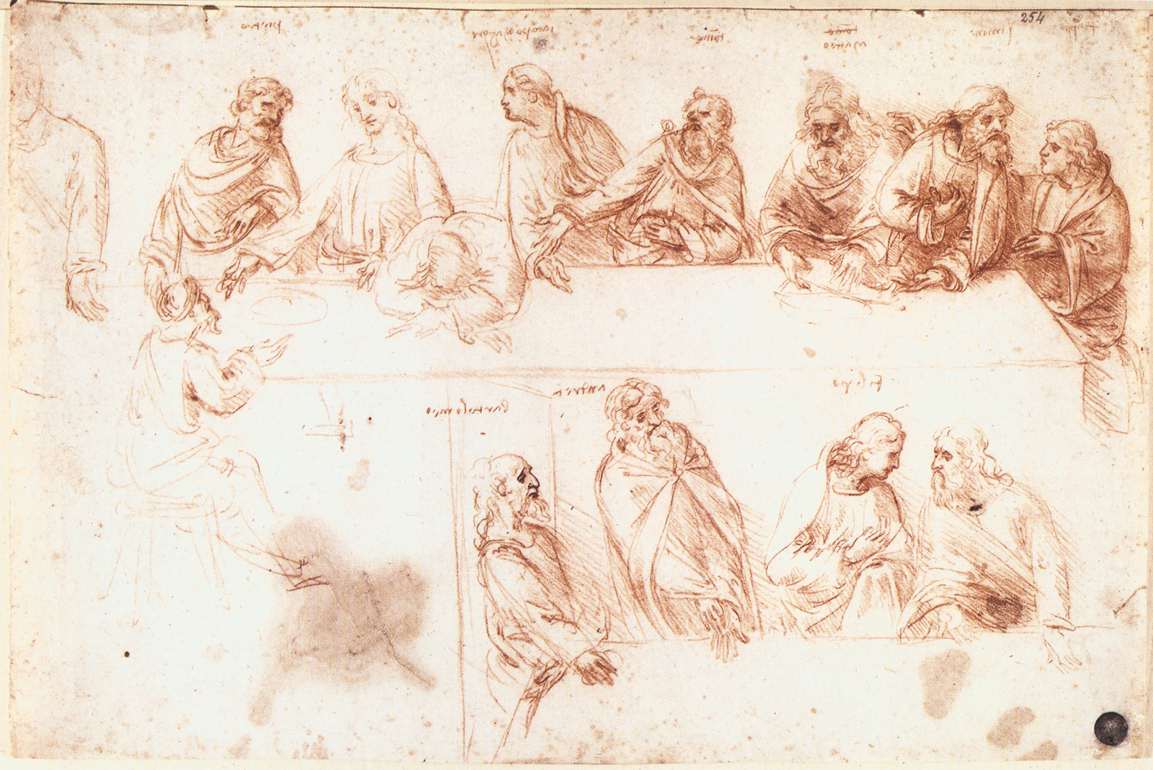
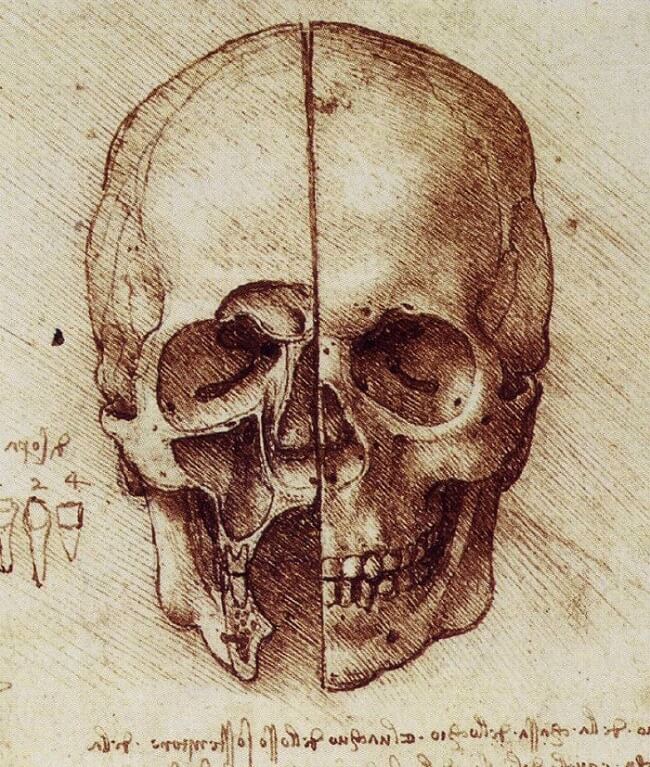
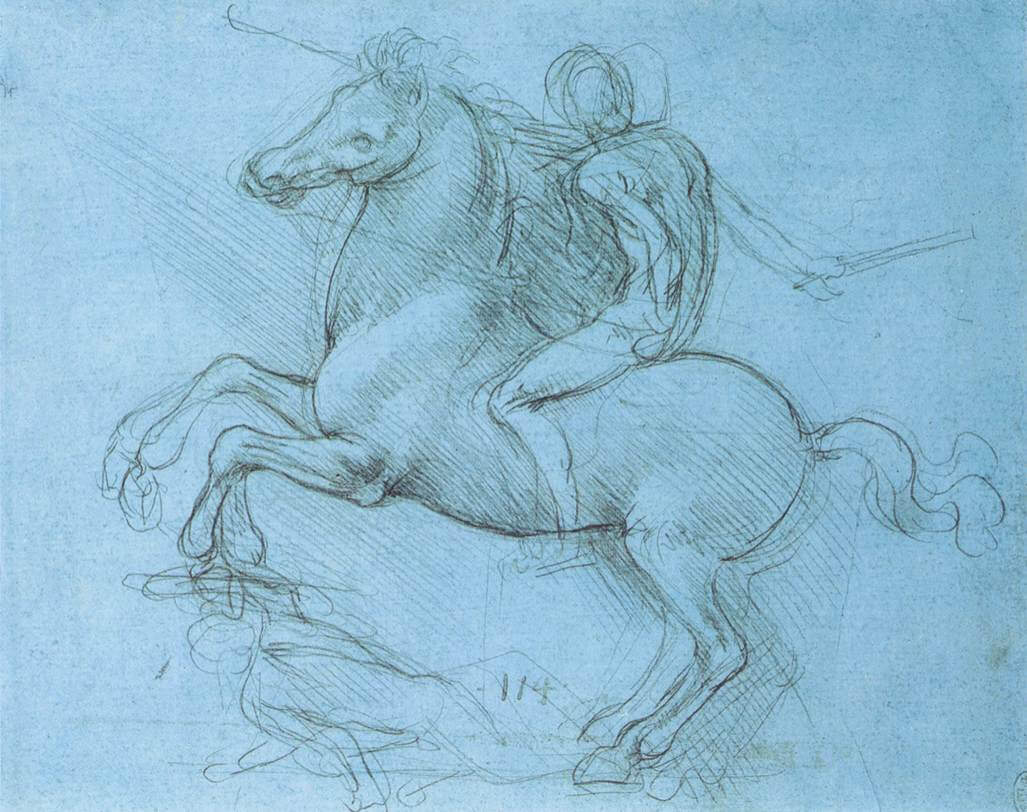
https://about-company-review.ru/ – отзывы по компаниям «Конверсия» из раздела продвижение шоурума в инстаграм в Димитровград.
https://brand-review.ru/ – отзывы по компаниям Extyl из раздела платные способы продвижения в инстаграм в Каменск-Уральский.